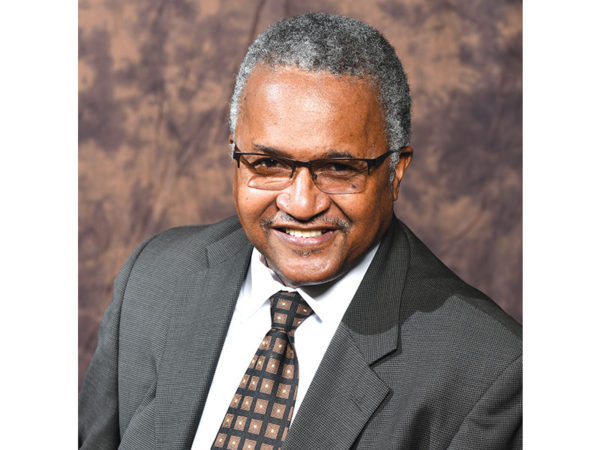On March 16, 2020, Governor John Bel Edwards declared a public health emergency in the State of Louisiana that effectively suspended communal life in the state until April 13. The health emergency is in response to the COVID-19 virus pandemic and the nation’s effort to slow down its spread.
The governor’s actions are understandable as the chief executive of the state. His proclamation has ordered the closure of bars, restaurants, movie theaters, courts, bowling alleys, fitness centers, gyms, schools, and many other activities.
Included in his proclamation is a ban on public gatherings in one single space of 50 or more people in close proximity to other people. That poses a problem for religious groups in the state. Although there are many types of essentials that are permitted, religious assemblies are not considered essential.
The governor’s proclamation does not apply to airports, medical facilities, shopping centers, malls, office buildings, factories, grocery stores, and department stores. All of these are places where more than 50 people will gather, but not all of them could be characterized as essential. Are religious gatherings as “essential” as shopping malls and department stores? Do they pose more of a risk than a thousand people in a mall?
In most parts of his proclamation, the governor cited state laws giving him emergency powers. However, there are no state laws that supersede the constitutional freedoms of religious assembly.
Churches, synagogues, mosques, Kingdom Halls, and other centers of religious groups are essential in times of crisis, more essential than malls and shopping centers. They are the points of connection that help people deal with fear and uncertainty. They help contain the tendency toward panic.
Churches should exercise care in light of the circumstances. Assemblies that require close contact should be avoided, as well as close contacts such as hugging and hand-holding and compact seating. The assembly rooms should be sanitized and other precautions should also be taken. However, to ban assemblies of the faithful in religious settings should be reconsidered. Would those same services be permissible if they were held in a mall, shopping center, or Walmart?
By excluding some places of public assembly because they are essential indirectly suggests that religious assemblies are not essential.
Around the world, matters of faith are deemed non-essential. Some think there is a secondary pandemic that is unseen, a pandemic of faithlessness.
As a matter of faith, religious groups should keep their doors open and their gatherings as safe as possible because, through them, we connect, make sense of the threats, talk about deep concerns, and care for each other. Most importantly, they “hear a word of hope from the Lord.”
Those who defy the governor’s ban may face prosecution. If so, then the saints will join millions of others before them who have been prosecuted for exercising their faith in every country of the world. Many have chosen jail or even death rather succumb to dictates that even remotely indicate that worship of God takes second place to malls, shopping centers, office buildings, and places of commerce.
The church assembled is a beacon of hope that shines God’s light. A church whose doors are shuttered shows a church that is shuddering in the face of an epidemic that is bigger than their faith.
Those who feel comfortable will assemble, we will pray for God’s mercy and draw strength from each other. We will also wash our hands and disinfect things such as tables, chairs, and doorknobs. Those of us who are sick immune-compromised will not assemble. We will try to stream our worship services online for all who can’t assemble in person.
As long as it is safe to go to the mall, shopping centers, or shop for non-essentials at Walmart, then churches should also assemble, with reasonable care, and ask God for strength and guidance during these difficult times.


